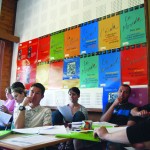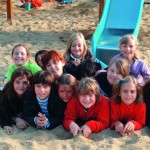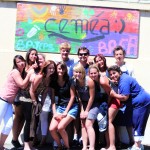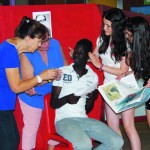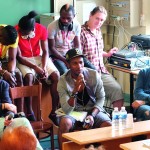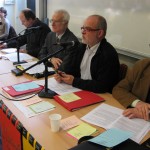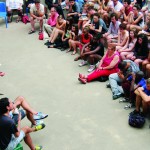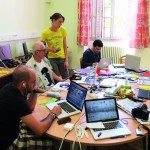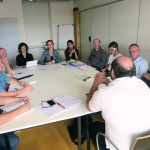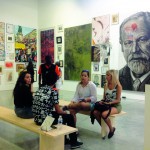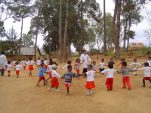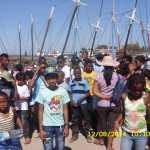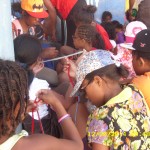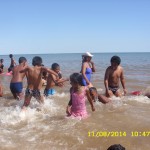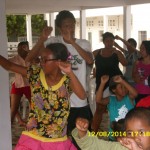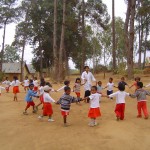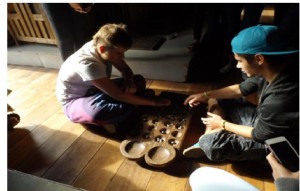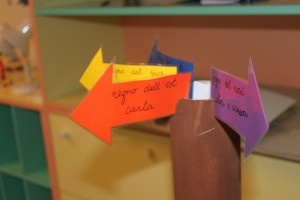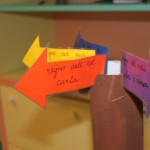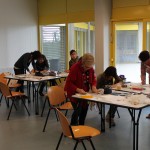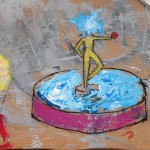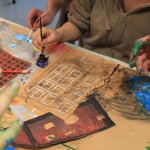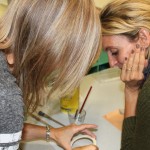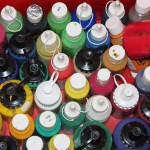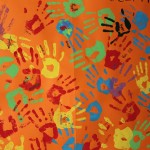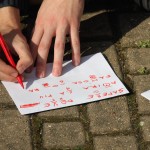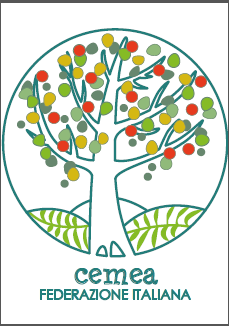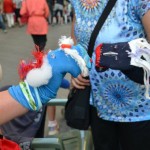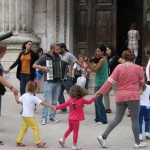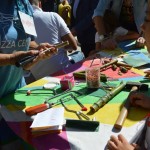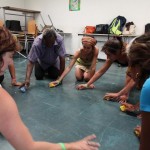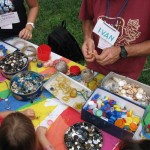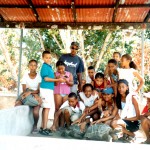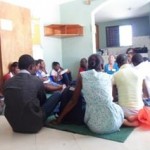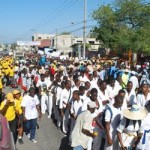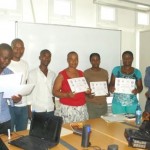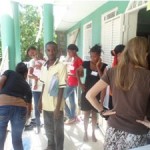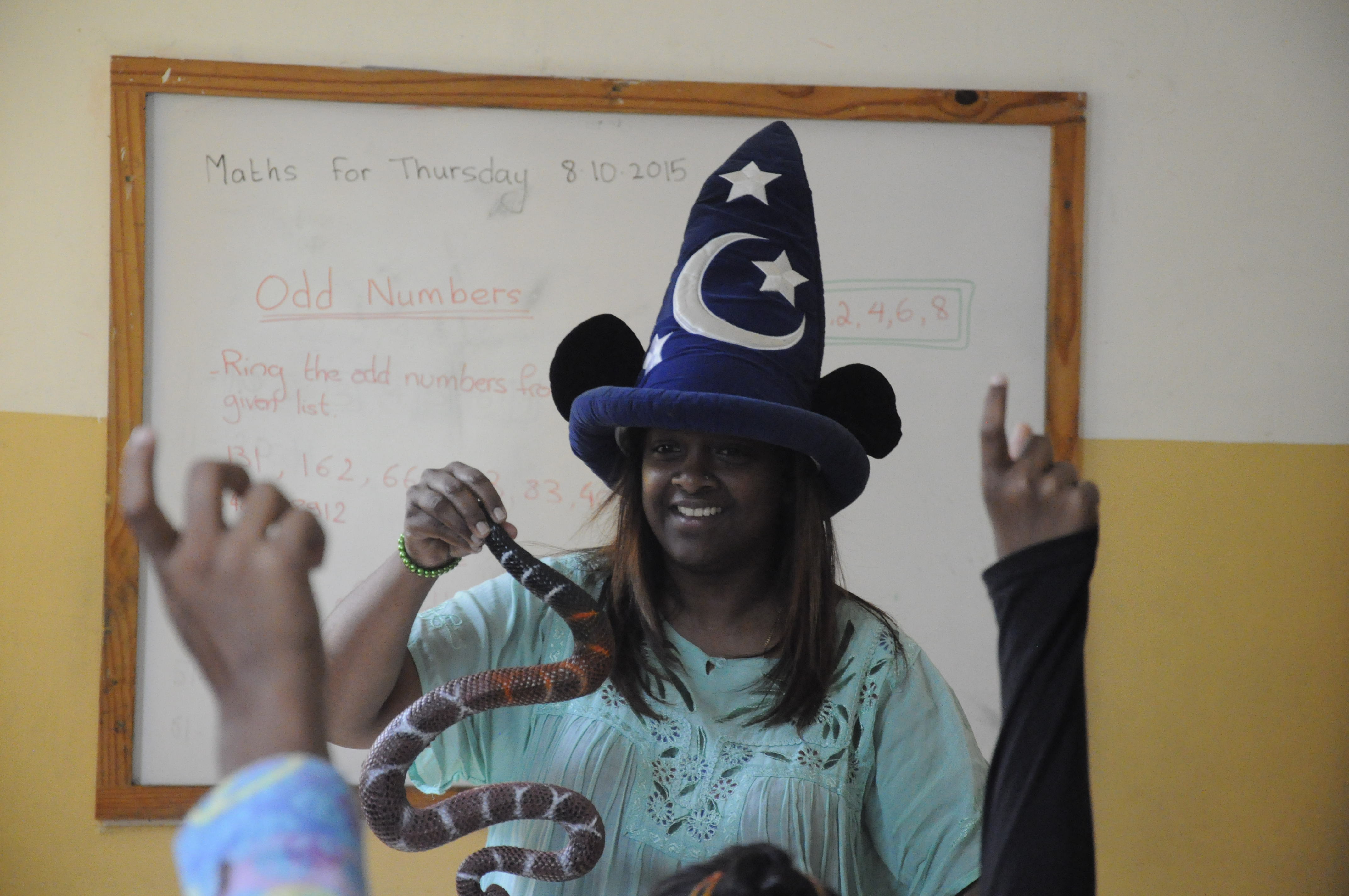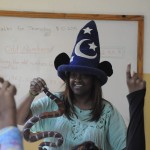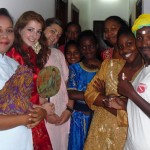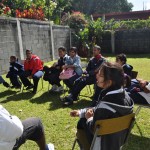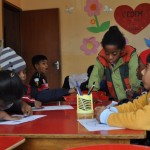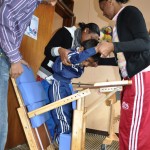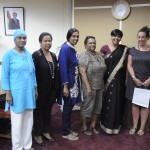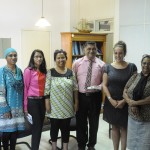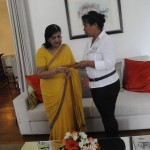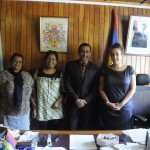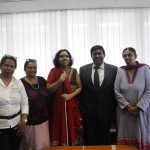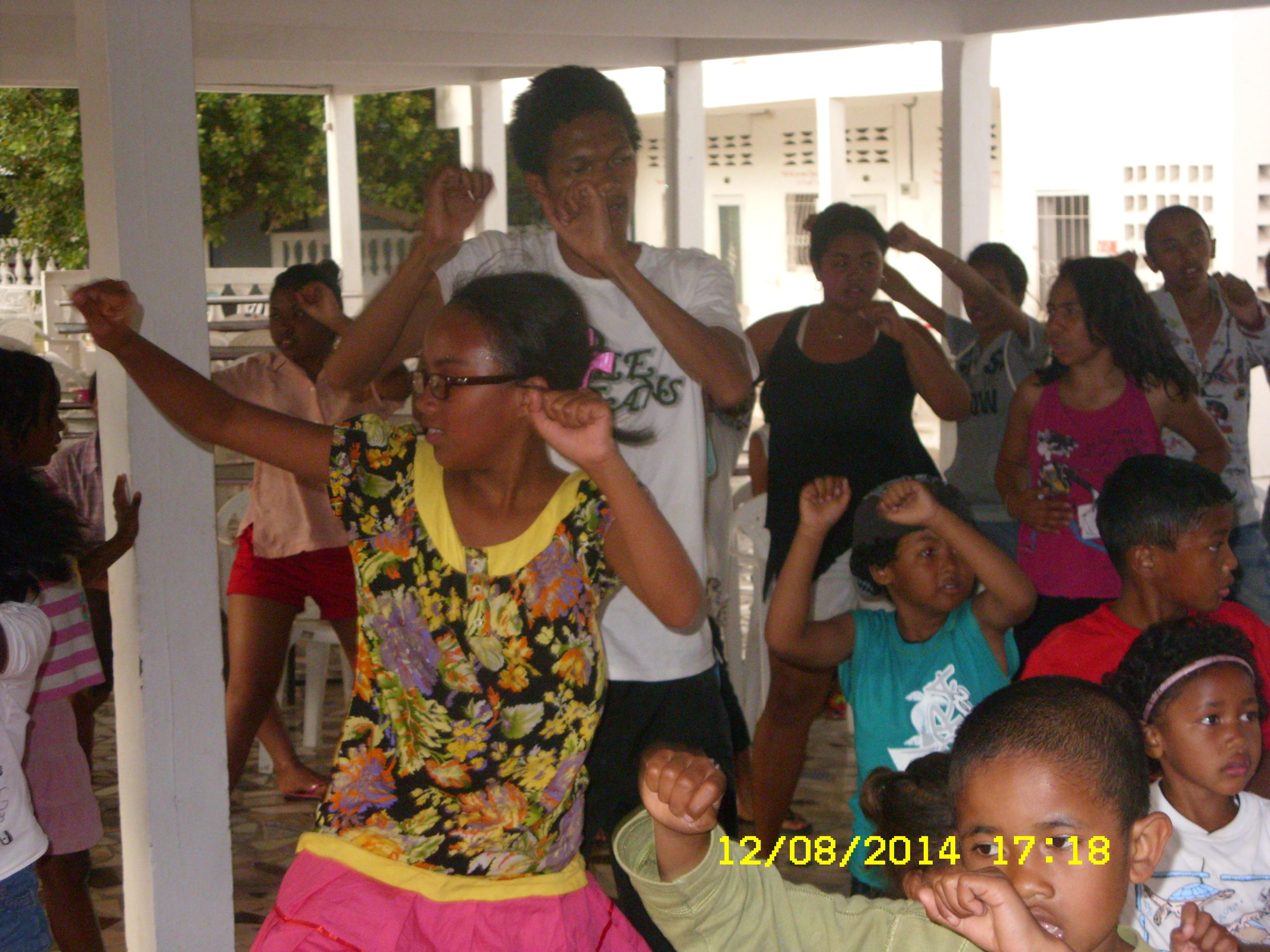
Presentation
The CEMEA are a popular education movement, a new education movement and a training organisation. They are structured by a national network composed of twenty-seven territorial associations and belong to a network of more than twenty-six European associations (EAICY). They are non-profit organisations recognised as being of public utility, partner in public schools and authorised for training by the ministeries of young people and sports, and national education.
The CEMEA have been engaged since 1937 in initiatives with and for young people in the social and educational domains: leisure activities, entertainments, cultural support, media, social and professional integration, mental health, Europe and international. The CEMEA rely on the voluntary sector comprising field practitioners (teachers, specialist educators, facilitators, doctors, development workers…) and their principle means of action is training all communities (young people, facilitators, educators and teachers, families, directors of schools and associations, elected representatives). They reach on average 80,000 educational agents each year thanks to the initiative of 550 paid workers and 4,000 volunteer trainers. 1400 professional facilitators are trained each year.
The aims are to
- Build a new education for the 21st century
- Bring formal and informal education to life, develop cultural practices and the fight against all exclusion
- Take action within institutions for youth and popular education
- Commit to sustainable development for greater inter-generational solidarity, in Europe and worldwide.
- Consolidate holiday and leisure centres, and campaign for the right of everyone to take holiday.
Activities
Ceméa are involved
- in and related to education
- in the organisation of free time and leisure activities
- in cultural and media sectors
- in educational and social action
- internationally, in intercultural education.
Today’s environment is as local as it is international. Education of European and global citizenship, in terms of knowledge, critical reading and decryption is of current and future concern.
Ceméa are engaged in this type of education in three ways:
- European Education Is about raising awareness amongst young people, educational and social stake-holders and getting them involved in European politics, fostering discovery and learning of European diversity.
- Education in Europe Is the involvement in education-related campaigns, on issues specifically concerning education and youth, such as the right and access to mobility for all, or the recognition of informal education
- World-wide education Solidarity and international citizenship fall within the desire to promote all forms of solidarity between groups, peoples, countries and cultures.
To do this Ceméa develops different types of projects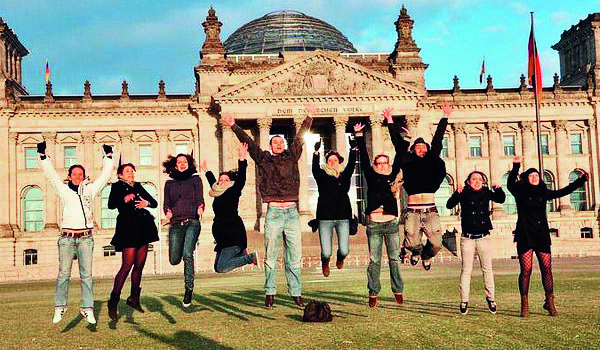
- Professional mobility projects
- Volunteering
- Youth exchanges
- Training for executives on civil society
- Studies
Address
Ceméa
24 rue Marc Séguin
75883 Paris cedex 18
Tél : 01 53 26 24 24
Site : http://www.cemea.asso.fr/
Contact
Isabelle Palanchon : isabelle.palanchon@cemea.asso.fr


